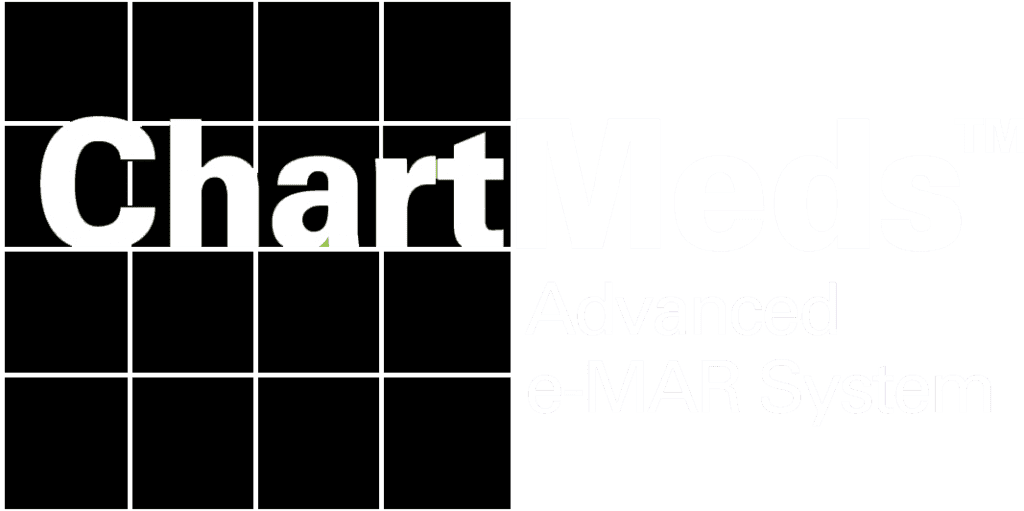The rapid progress of technology has left no aspect of our lives untouched, and healthcare is no exception. With the help of advanced tools like Electronic Health Record (EHR) systems, healthcare delivery has moved beyond traditional settings, making significant strides particularly in the domain of behavioral health.
These advancements have allowed treatment approaches to evolve, bringing behavioral health treatments out of the confines of clinics and hospitals and into the homes of clients. EHR systems, specifically designed to support behavioral health treatment, have been instrumental in this transformation.
So, what exactly are these systems and how are they making a difference in behavioral health? Let’s look deeper into these EHR systems and uncover the ways they’re enhancing at-home treatments for behavioral health issues.
What are Behavioral Health EHR Systems?
The field of behavioral health involves the study and treatment of mental health disorders, substance use conditions, and other psychological issues. Professionals in this field require unique tools to assess, diagnose, treat, and monitor the progress of their clients. That’s where Behavioral Health EHR systems come in.
EHR systems are digital versions of traditional client charts. They’re designed to record client data in real time, offering healthcare providers comprehensive and up-to-date information whenever required.
EHRs for behavioral health are specially designed to cater to the specific needs of mental health practitioners, incorporating features such as clinical decision support, client engagement tools, and detailed tracking of clients’ mental health symptoms and responses to treatments. These tools can not only be used to document progress, but this information can also be shared to other authorized parties involved in the treatment process.
The use of EHRs in behavioral health has risen significantly over the last few years. This growth has been fueled partly by the recognition of mental health as a crucial part of overall well-being, improved access to care, and efforts to destigmatize seeking treatment. Health systems and providers leverage digital transformation to meet increasing needs. Today, EHRs make treatment at-home or anywhere, not only simple to track, but also more effective and scalable.
Enhancing At-Home Care with Real-Time Data
One of the significant benefits of using EHR systems for behavioral health is the ability to access real-time data. This feature is critical for at-home care as it allows treatment teams to monitor treatment progress closely, even when they’re not in the same physical location.
EHRs make it easier for providers to reference and update charts and use best practices for concurrent documentation. EHRs simplify collaboration during treatment. Clinicians can share what is going on in session with colleagues almost instantly. Secure messaging and telehealth platforms further empower clinicians to collaborate, even while providing at-home treatments. They can use trends tracked in the EHR to evaluate treatment; they can also use EHR integrations to review a wealth of historic data and information from other providers to better inform their treatment decisions.
Better information leads to better clinical decisions, which in turn lead to better treatment outcomes. Digital transformation and EHRs are vital in empowering clinicians to make more informed decisions about treatment, whether related to adjusting medication dosages, incorporating new therapies, or suggesting lifestyle changes based on the latest data. Highly collaborative, well-informed decisions improve treatment outcomes and improve treatment satisfaction.
Facilitating Client Engagement and Autonomy
Client engagement is a key aspect of successful behavioral health treatment, especially when it comes to at-home care. EHR systems designed for behavioral health come with features that promote “patient engagement,” allowing them to take a more active role in their care.
With these systems, clients can easily access their records, review treatment plans, schedule appointments, and communicate with their treatment provider. This ease of access helps clients actively participate in their treatment, encouraging them to follow-through on or give feedback for their treatment plans more effectively.
Moreover, the autonomy that EHR systems provide can be particularly beneficial for those dealing with behavioral health issues. Being actively involved in managing their health can improve self-esteem and self-efficacy, key factors in managing mental health conditions. By facilitating client engagement and autonomy, EHR systems can significantly improve the outcomes of at-home treatment.
Ensuring Continuity of Care
Continuity of care is a critical factor in treating behavioral health conditions, particularly for clients receiving at-home treatment. With EHR systems, healthcare providers can maintain continuity of care by having access to complete patient history, treatment plans, and progress notes, regardless of their location.
These systems can consolidate information from different sources, including primary care physicians, therapists, and other healthcare providers involved in a client’s care. This feature enables a coordinated approach to treatment, ensuring that every member of the treatment team is informed about the client’s goals, strengths, and needs during treatment.
In addition, EHRs allow for seamless transitions between different levels of care, such as moving from inpatient to at-home treatment, ensuring that no vital information is lost during the transition. This consistency not only improves the quality of care but also reduces the risk of errors and miscommunications.
Increasing Accessibility to Treatment
Lastly, EHR systems make behavioral health treatment more accessible, particularly for those who may face obstacles in receiving traditional, office-based care. This could include individuals living in remote areas, those with complex transportation needs, or whose needs are specifically manifest in the home setting.
Moreover, EHR systems can also reduce the activation energy required to seek treatment; by making it easier to access care using digital channels to find treatment options and reach providers. Some clients may feel more comfortable seeking help and engaging with treatment plans from the privacy of their own homes.
EHR systems are constantly updating with new data from each session, whether in-person or digitally. With these systems in place, clients can more easily access their healthcare records, review their treatment plans, and communicate with their healthcare providers as needed. As a result, clients feel more involved in their own treatment and can encourage them to adhere to the treatment plan more effectively.
Streamlining Operations for Clinicians
As a clinician or a clinical administrator, your workload already involves many moving parts. Keeping up with something that requires laborious manual oversight can add more to your list of tasks. With the right EHR system in place, clinicians can also experience the following benefits:
- Automatic Scoring: Save time on completing assessments and allocate more working hours to focusing on treatment.
- Decreased Burden of Documentation: Tailored workflows reduce burnout and boosts staff satisfaction, also aiding in retention.
- Simpler Charting: Easier to onboard and train new staff, meet rigorous requirements, satisfy CARF accreditation, and payer reporting standards; resulting in less administrative burden for audits.
Get a Better EHR System for Behavioral Health at Your Organization
Behavioral Health EHR systems are indeed revolutionizing at-home treatment. They enhance real-time monitoring, promote client engagement, ensure continuity of care, and make treatment more accessible.
As the world continues to embrace digital health solutions, the role of EHR systems in behavioral health will undoubtedly become more significant. Embracing these tools is not only beneficial for healthcare providers but also for clients who can enjoy a more personalized, efficient, and effective treatment experience right from their homes.
At Integrative, we proudly equip behavioral health providers with innovative EHR and client engagement tools to provide complete care to their clients who are receiving treatment either at home or in a clinical setting. To learn more, view our EHR features or request a demo anytime.









